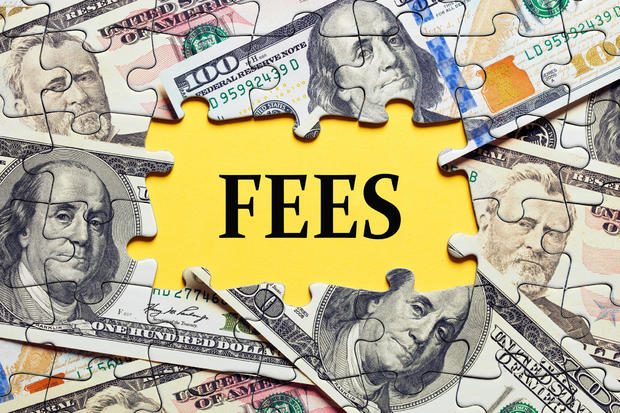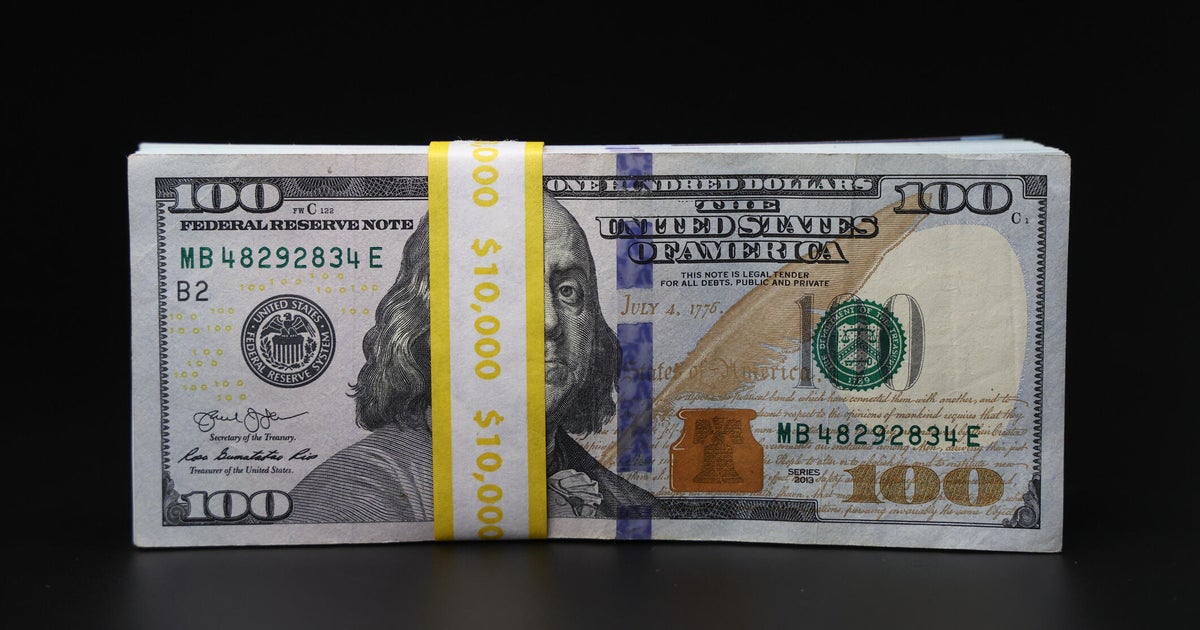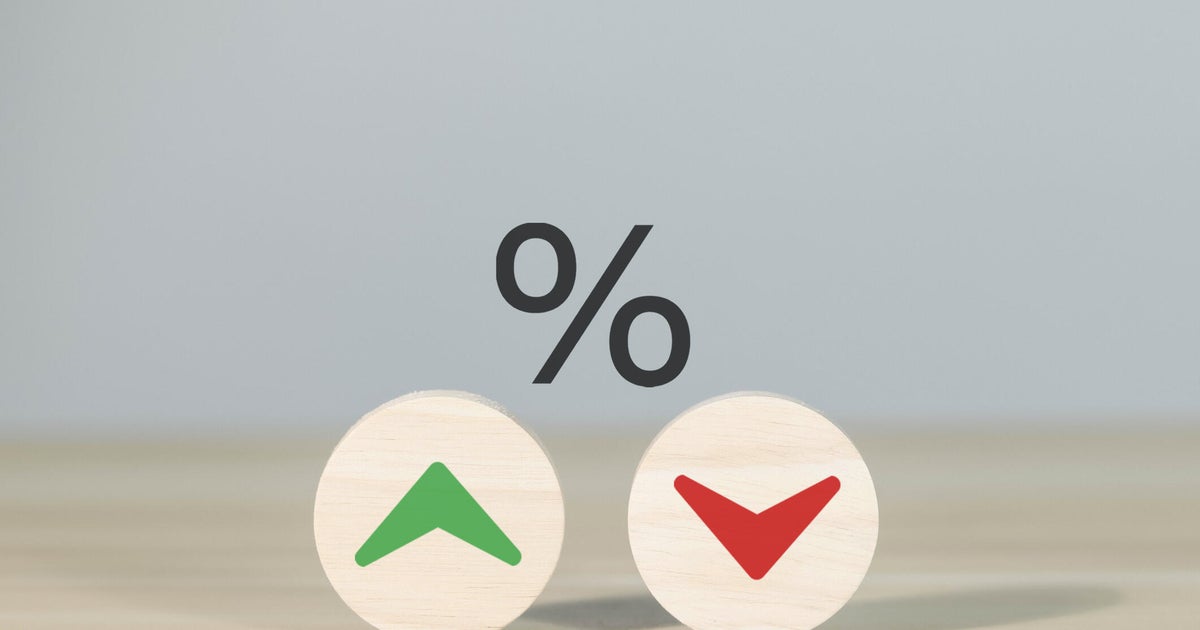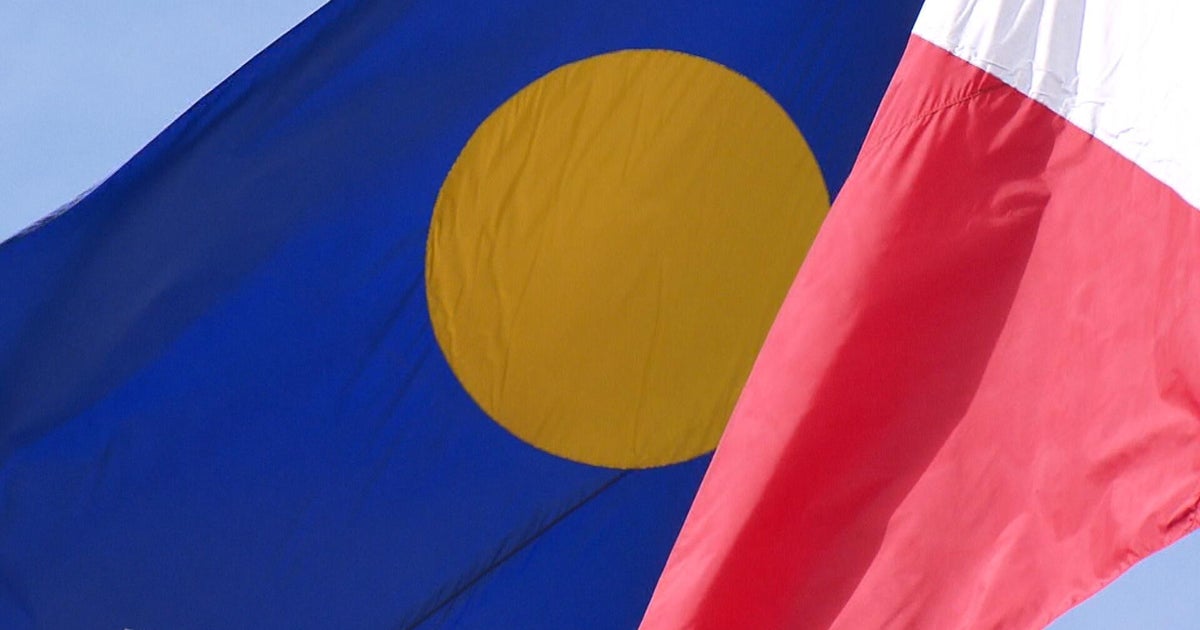CD early withdrawal penalties: What you need to know
If you're looking for a safe place to put your savings while also earning interest, a certificate of deposit (CD) is a solid option. CDs typically offer higher interest rates than savings accounts (even high-yield ones). Plus, your rate is locked in when you open the account, which protects your earnings if rates eventually drop.
In addition, your money is safe in a CD thanks to federal deposit insurance, which protects up to $250,000 per institution per account if the bank or credit union that holds your CD fails. In short, CDs are a low-risk way to earn guaranteed interest on your savings at some of the highest rates currently available.
However, CDs come with a catch. To lock in these high rates, you must agree to keep your money in the account for a set period known as the term. If you need to access your funds before the term is up, you may incur a fee that eats into your overall gains. So, before you open a CD, it's important to understand how these fees work and the best ways to avoid them.
Check out today's top CD rates here.
CD early withdrawal penalties: What you need to know
Here's what you need to know to get the most from a CD.
What early withdrawal penalties are
If you need the funds in your CD before the term expires, you are allowed to withdraw them. However, many banks charge a fee for doing so. This fee is known as an early withdrawal penalty.
"These penalties can negate some, most or all of your interest earned and can possibly require you to use principal to pay the penalty," says Joe Marques, CFP, wealth advisor and co-CEO of Bolin Creek Wealth Advisors.
As a result, before opening a CD account, it's crucial to consider the account's terms and conditions and take steps to avoid incurring this penalty (more on that shortly).
How early withdrawal penalties are calculated
Early withdrawal penalties can be a predetermined flat rate or a portion of the interest earned up to that time. Most commonly, it's the latter. This amount varies based on the institution and the CD's term length.
For example, CIBC Bank USA's one-year CD has an early withdrawal penalty of 30 days' worth of interest, while Popular Direct's one-year CD has a penalty of 270 days' (nine months') interest. Popular Direct's three-month CD, however, has a penalty of 89 days' (nearly three months') interest.
You can see how this fee can easily chip away at your earnings, potentially leaving you with only the original amount you deposited.
How to avoid early withdrawal penalties
Fortunately, there are a few ways to avoid CD early withdrawal penalties:
Choose the right term
CDs come in many term lengths, ranging from one month to 10 years. By choosing the right term, you can ensure your money is accessible when you think you'll need it while still earning the maximum interest possible.
"Make sure you do not commit money that is needed in the short term for a longer term than you can wait," says Greg Goff, CFP, founder and financial planner at Sound Wealth Management.
Compare today's CD offerings to see how much you could be earning.
Open a no-penalty CD
Some banks offer CDs with no early withdrawal penalties. Their rates may not be as high as other CDs, but they can still be competitive. These penalties-free CDs are ideal for investors who can't predict when they will need their funds.
Create a CD ladder
Another way to avoid early withdrawal penalties is by building a CD ladder, which staggers the maturity dates of your CDs so you have access to your money at different times.
For example, you may divide your money up between a three-month, six-month, one-year and five-year CD. When one CD matures, you can cash it out or reinvest the funds in a new CD. One benefit of this is that if CD rates are higher now than when you opened the maturing CD, you can lock in the new, higher rate.
Opt for a high-yield savings account instead
Finally, there may be some instances where a CD just isn't the best product for your goals and needs. For instance, if you want your money to serve as an emergency fund, you'll need it readily accessible at any time without penalty.
A no-penalty CD could serve your purpose here, but you may be better off opening a high-yield savings account offering a higher interest rate. With a high-yield savings account, you can access your funds instantaneously. It could take a few days for CD funds to become available after you request them.
"If you have an adequate cash reserve, and you have a specific period of time — such as six, twelve or 18 months — that you are comfortable tying some money up, you may be better off focusing on a higher-interest-rate CD," says Faron Daugs, founder and CEO of Harrison Wallace Financial Group. "However, if you may need those funds faster or for an unexpected expense, then focusing on a high-yield savings account could be a better approach."
Compare today's CDs and high-yield savings account options online now.
The bottom line
Opening a CD can be an excellent way to earn more interest on your savings. However, it's crucial to be aware of the early withdrawal penalties you may face. These fees can be costly and wipe out any interest you've earned to date.
In addition, many banks don't allow you to withdraw only a portion of your CD funds. You'll need to take out the full balance and close the account, missing out on any future earnings, too.
That said, there are ways to avoid these penalties. By choosing the right term, opening a no-penalty CD or laddering your CDs, you can enjoy the high interest rates CDs provide without incurring a fee if you need to withdraw your funds before the term ends. By following these tips — or opening a high-yield savings account if you decide that's a better fit — you can make the most of your savings and avoid any unpleasant surprises down the line.




